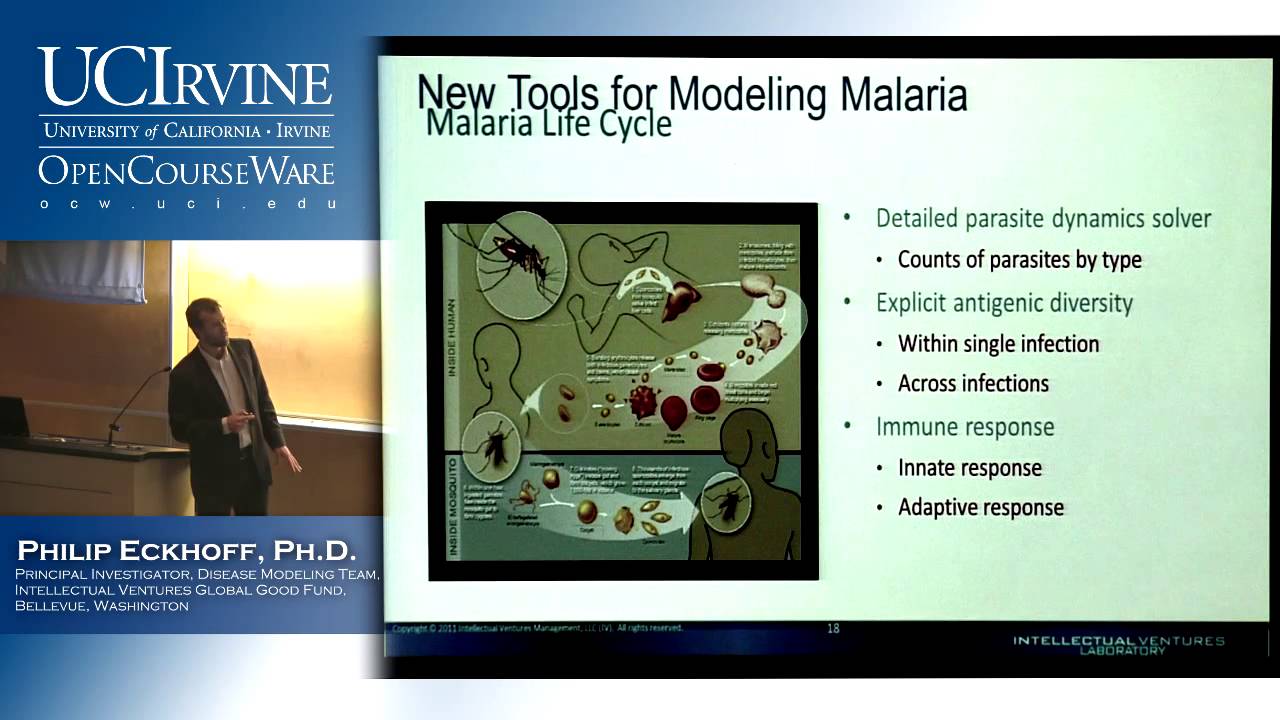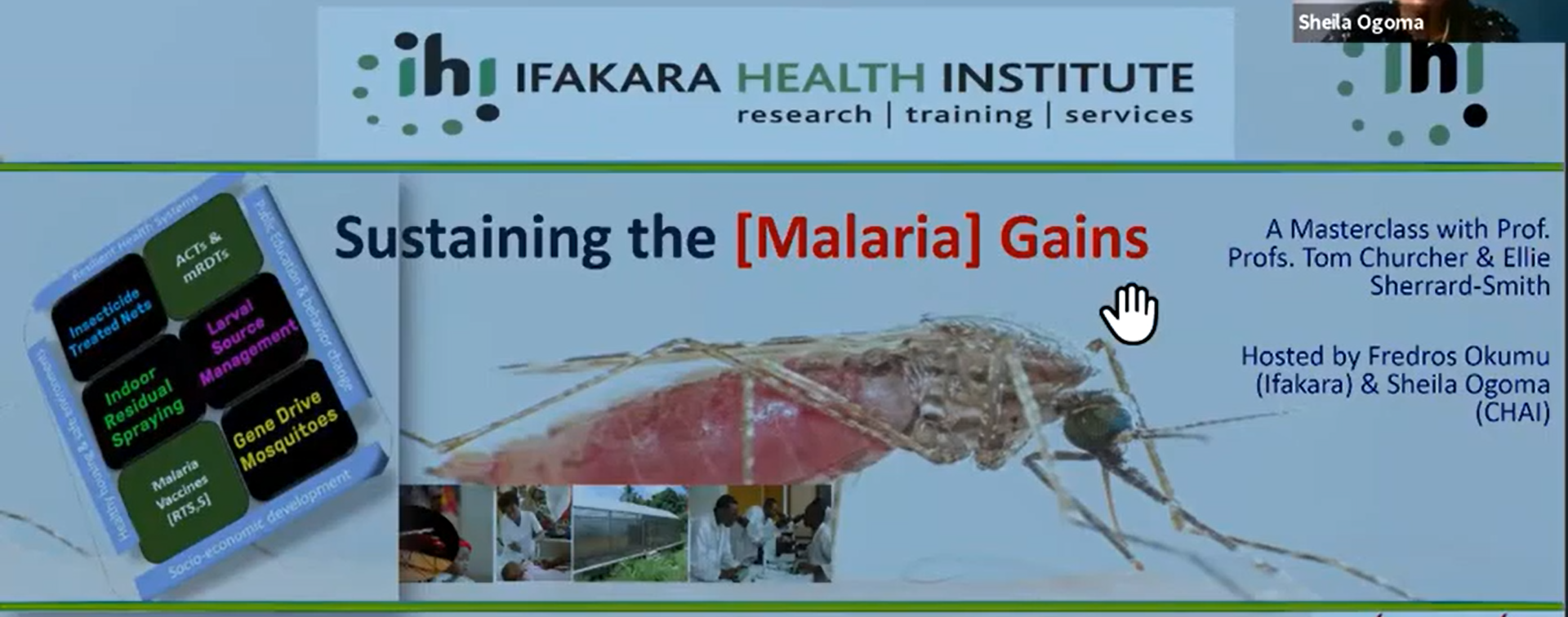Last Updated: 09/01/2025
Modelling for decisions in a dynamic Africa
Objectives
This project proposes a collaborative African network to deliver model-based evidence, advice and forecasting, tailored to support public health decision-making for mosquito-borne diseases, initially focussing on malaria in the Democratic Republic of Congo, Nigeria and Tanzania. The approaches aim to:
- Deliver on the relationships between environmental change, vector, disease and health systems.
- Provide solutions to optimise performance of new and existing malaria interventions.
- Generate outputs for immediate utility and impact.
- Enable pathways to engage and capacitate decision-makers and scientists across Africa.
Punam Sita Dinesh Amratia
Nick Golding
Adeogun O. Adedapo
Emery Metelo
Samson Kiware
Africa’s climate is changing in divergent and uncertain ways, driving drastic changes in the population dynamics, distribution, and seasonal abundance of mosquitoes, with consequential impacts on human disease risk. The effects of extreme weather on rapid human population growth, behaviour, livelihoods and urbanisation, may intensify vector-borne disease transmission and challenge health systems. To meet these challenges, countries must understand and assess how the effectiveness of health systems for disease control, the adaptability of public health decision-makers to emerging threats, and the distribution and seasonality of key vectors will react to these changes. Proactive prevention requires optimized interventions, functional early warning tools, and robust evidence-based decision-making systems. Effective, robust and adaptable modelling can facilitate achieving this.
Jun 2024 — Jun 2028
$3.9M


